The COVID-19 pandemic is upending our lives by the hour. It is testing our systems, our psychology, our behaviors, and our values. It is also revealing deeper and more lasting truths about our shared condition. We are beginning to see, with fierce clarity, how uncertain tomorrow is, and how dependent we all are on each other's choices.
Like many of us, I am sheltering in place with my family. My husband and 10-year-old son have never been big on board games, so we are watching a lot of television. Superheroes are a particular favorite.
Superheroes all have their differences, and good people can disagree about which is better between DC Comics and Marvel, but we all generally thrill to what they have in common – they step up to defend humanity against villains bigger than any of us, and they do it together. Okay, and they do it with mad skills.
But maybe the values our biggest heroes stand for also tell us something about who we are and who we want to be.
The first time I ever heard about the Ebola virus was nearly 20 years ago from an Irish epidemiologist named Mike Ryan. I remember hearing him describe his day job – thousands of miles away from his family every time there was a suspected outbreak of one of the deadliest pathogens known to man. I remember thinking it was one of the bravest things. Mike Ryan now runs the emergencies team at the World Health Organization (WHO) and, with all of his colleagues, is helping lead the coronavirus fight on which all of us right now depend.
Most Americans before last month probably gave little thought to the WHO. Yet today, we are all now counting on WHO to lead the global fight against COVID-19. We look to WHO for expertise, for information we all can count on, and for frontline support to countries in need. We look to it for the leadership that encourages everyone else to engage – from companies with critical supply chains to coalitions dedicated to medical innovation to artists and community leaders who are crucial role models in this worldwide mobilization to beat back a disease no one had ever seen. Dr. Tedros, the Ethiopian physician and statesman who today leads WHO, is rightly becoming a household name.
At the start of this global crisis, WHO prepared a plan to combat the disease and has been seeking support from all quarters with the clock ticking. At the UN Foundation, the organization I am privileged to lead, we went into high gear to help, working with the Swiss Philanthropy Foundation, to establish a first-of-its-kind fund that would allow anyone, anywhere in the world to support WHO's effort. Within days of launching the COVID-19 Solidarity Response Fund, we raised $100 million and counting from leading companies, employees, foundations, and citizens from around the world. Gamers are helping. Celebrities are helping. Individuals are crowdsourcing contributions, donating their birthdays, launching challenges, and just showing up in exceptional ways. Over 200,000 people on digital platforms alone have given more than $8 million.
Since the crisis began, WHO has shipped personal protective equipment to 75 countries, provided lab supplies and test kits to over 125 countries, trained over 1.5 million health workers to track and respond to emerging cases, provided global public health guidance in multiple languages, and supported multi-country efforts to accelerate development of therapeutics. It has also strengthened WHO's ability to focus on vulnerable populations from northwestern Syria to Kenya, where health systems face severe strain.
As powerful as the funds have been, even more so are the moving expressions of solidarity, compassion, and kindness: "Stay strong Italy." "We are in this together." "In these crazy times, it helps me to do something small to help with something really big." "We will beat this."
It was Dr. Tedros, the head of WHO, who decided to call it a "solidarity" fund and was he ever right.
COVID-19 has jolted the world awake. Like climate change and other collective threats on our horizon, this virus is showing us in immediate, personal, and heartbreaking ways just how interdependent we all really are.
There will no doubt be many public health lessons from this challenging moment in our history – about investing in health systems, preventing and tracking viruses, developing and distributing tests, incentivizing medical innovation, and the right approach to tackle a threat that impacts all aspects of our lives.
There will also be lessons about justice. While a virus can be a great leveler, it also confronts us with the consequences of inequality, where 600 million people around the world don't have access to water to wash their hands. And 80 million displaced people globally can't socially distance to save their lives.
Perhaps the largest lesson of this crisis will be about our profound commonality before a threat that doesn't respect borders, and the amazing, inspiring, and breathtaking ways humans can, at their best, be human and lift each other up.
This crisis is, already, rich with heroes. Every one of us staying at home is helping keep someone else safe. Every health worker who can't go home to his or her own family or who treats patients when they don't have protective gear is showing a superpower that should awe us. Every act of kindness is helping remind us of who we can be.
Superheroes indeed.
Ambassador Elizabeth Cousens is the President and CEO of the United Nations Foundation. To give to the COVID-19 Solidarity Response Fund visit, https://covid19responsefund.org.















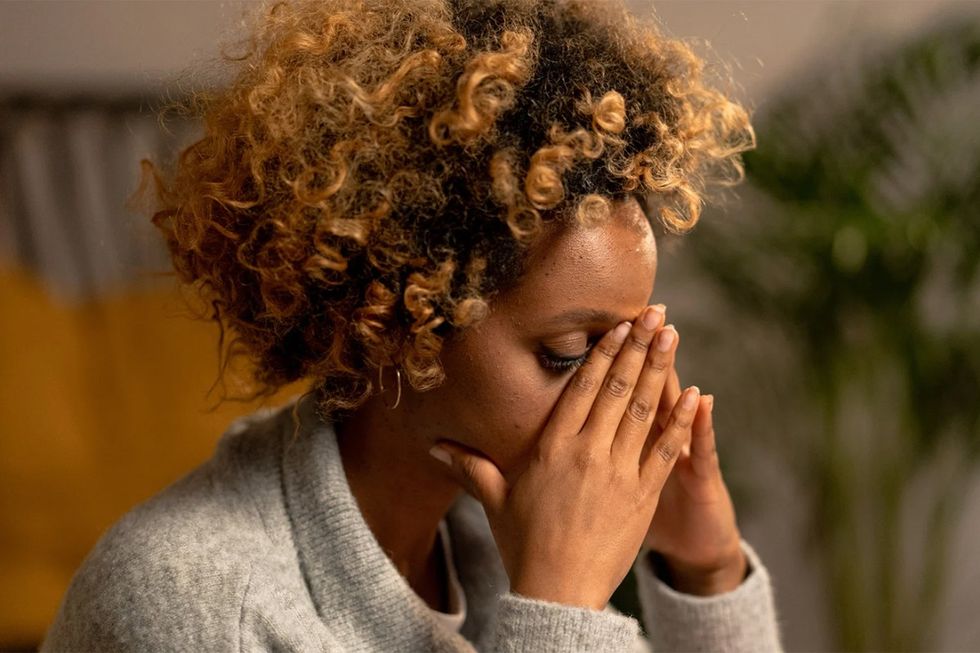 Representative Image: Anxiety can manifest in many different ways.
Representative Image: Anxiety can manifest in many different ways. 

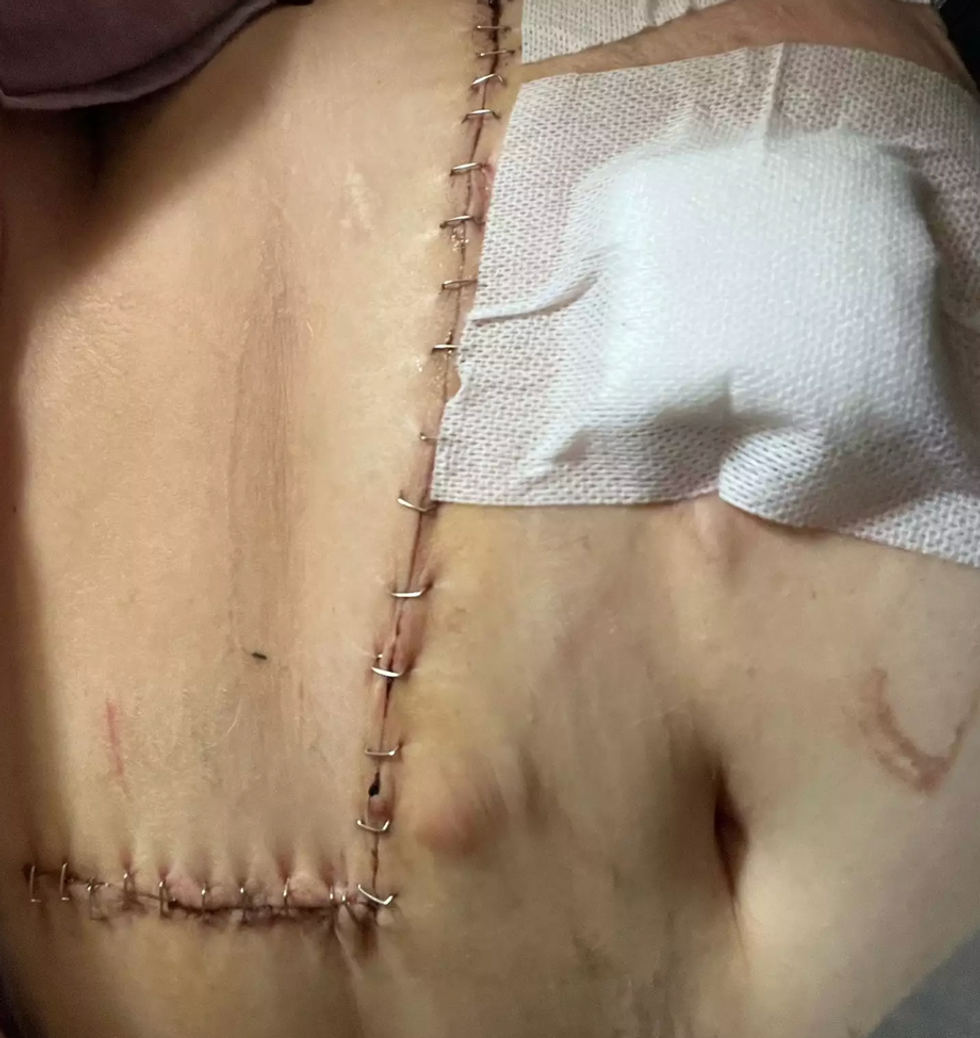 Stoner's torso after a successful surgery.Photo credit: @sydneystonershelton
Stoner's torso after a successful surgery.Photo credit: @sydneystonershelton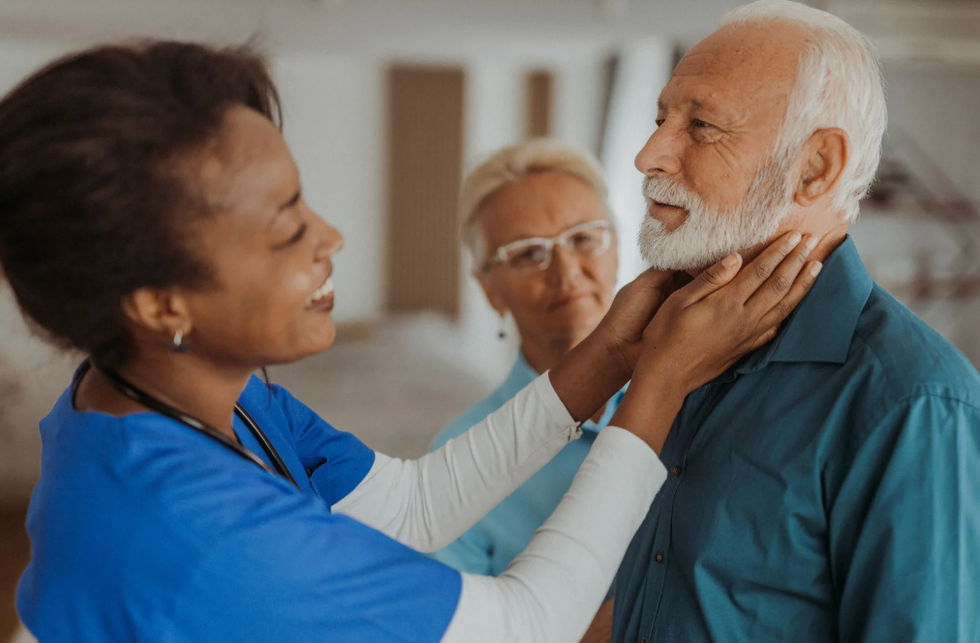 Bringing a family member to your doctor's appointment could help you ensure that your needs are met.Photo credit: Canva
Bringing a family member to your doctor's appointment could help you ensure that your needs are met.Photo credit: Canva
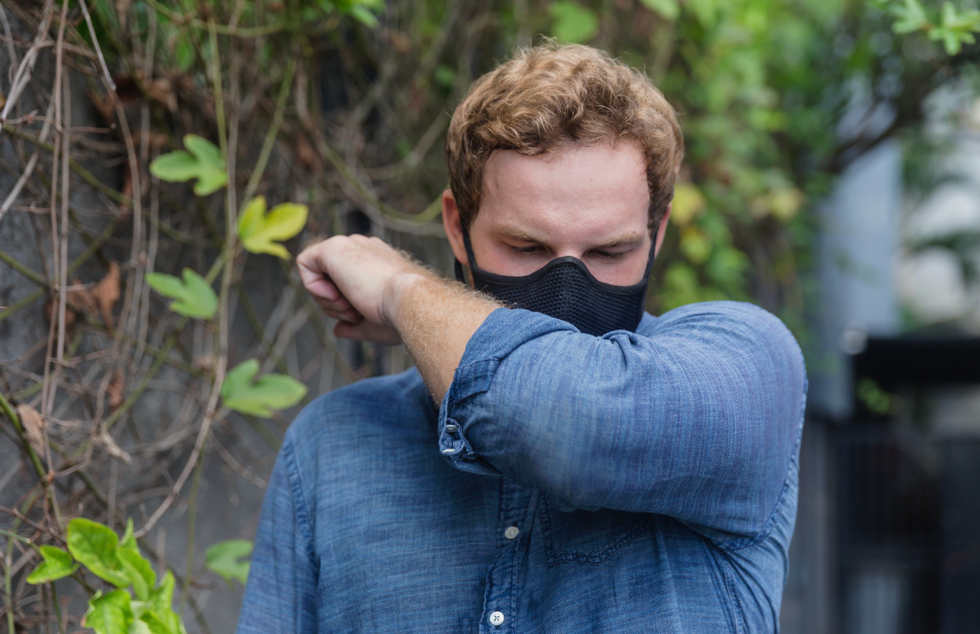 You cannot be too careful when trying to prevent the spread of the flu.Photo credit: Canva
You cannot be too careful when trying to prevent the spread of the flu.Photo credit: Canva
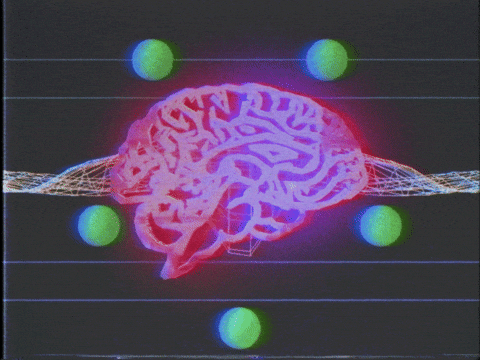 Big Brain GIF by Jay Sprogell
Big Brain GIF by Jay Sprogell
 Shake It Off Wet Dog GIF by BuzzFeed
Shake It Off Wet Dog GIF by BuzzFeed
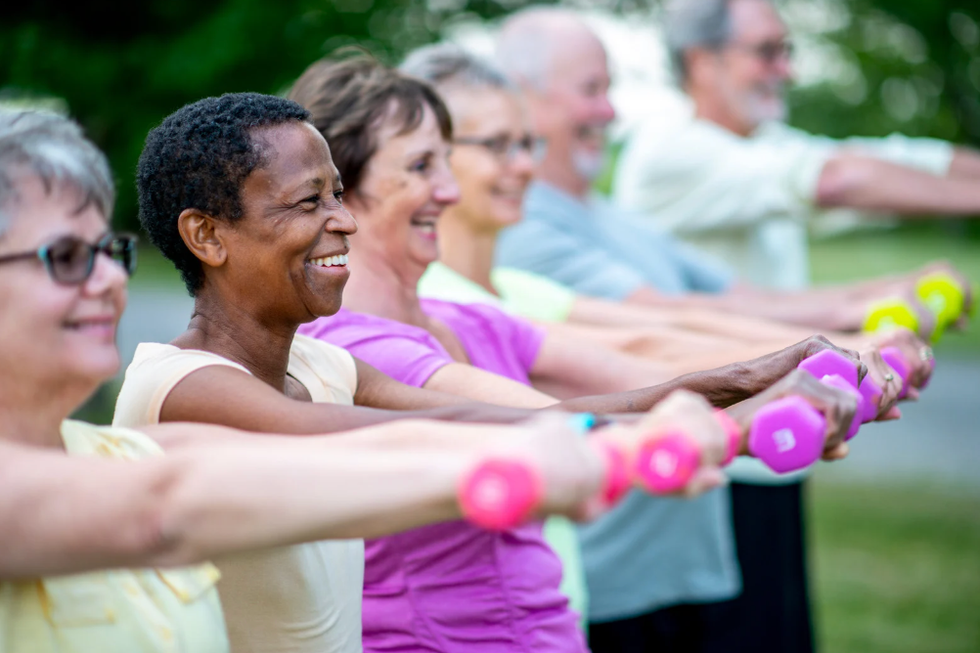 Working out with friends also makes exercise more enjoyable (and feel quicker).Photo credit: Canva
Working out with friends also makes exercise more enjoyable (and feel quicker).Photo credit: Canva
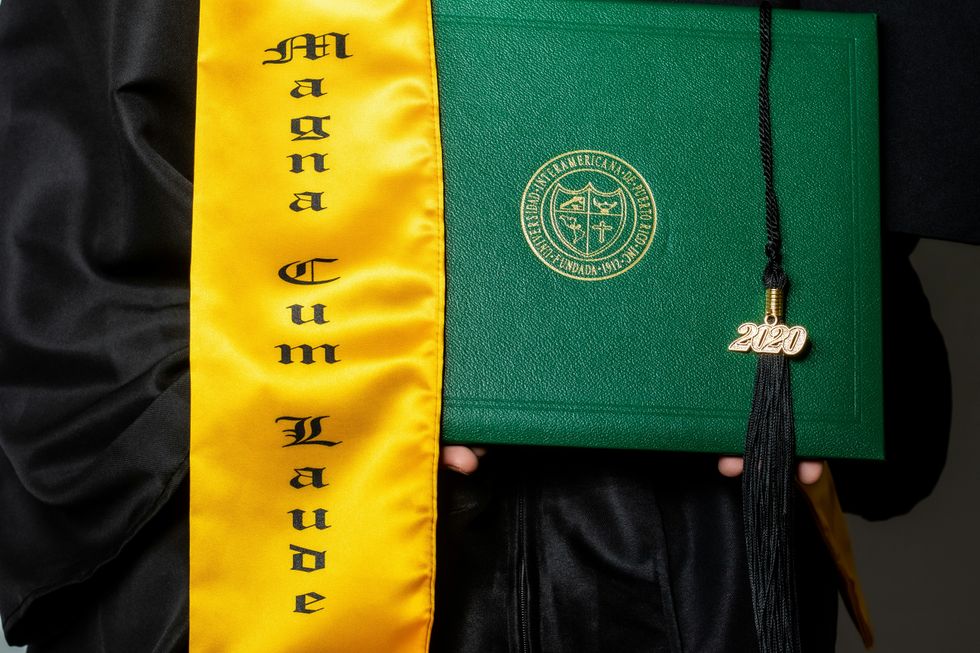 People with Imposter Syndrome can't accept their achievements.
Photo by
People with Imposter Syndrome can't accept their achievements.
Photo by 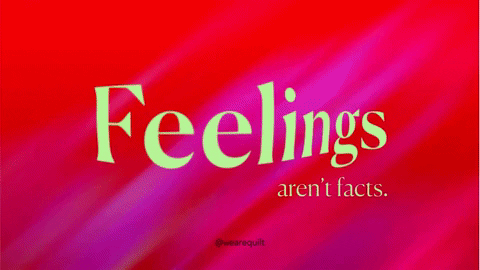 Emotion Feeling GIF by Quilt
Emotion Feeling GIF by Quilt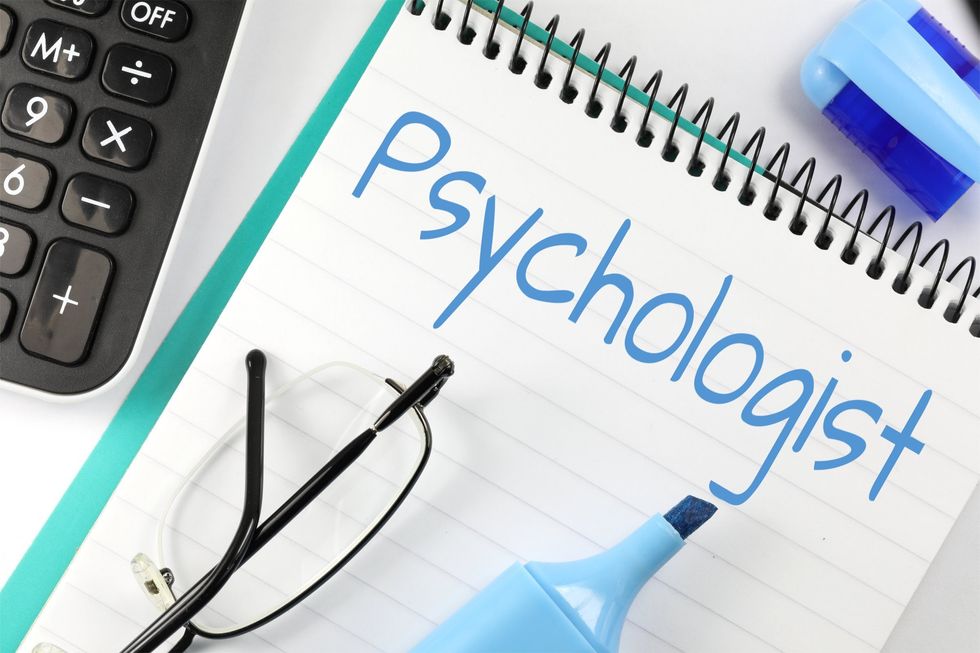 Psychologist - Free of Charge Creative Commons Notepad 1 image
Psychologist - Free of Charge Creative Commons Notepad 1 image